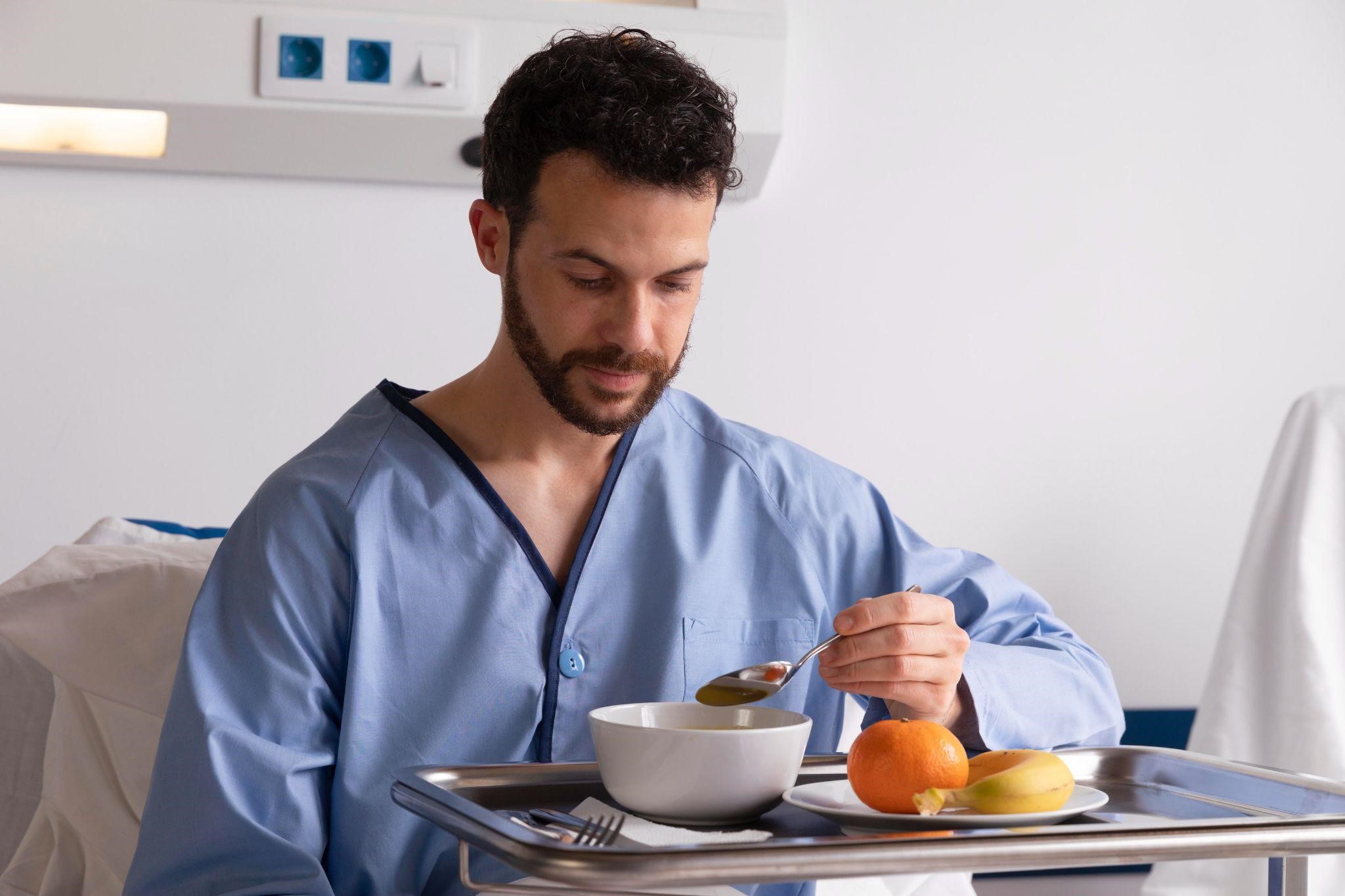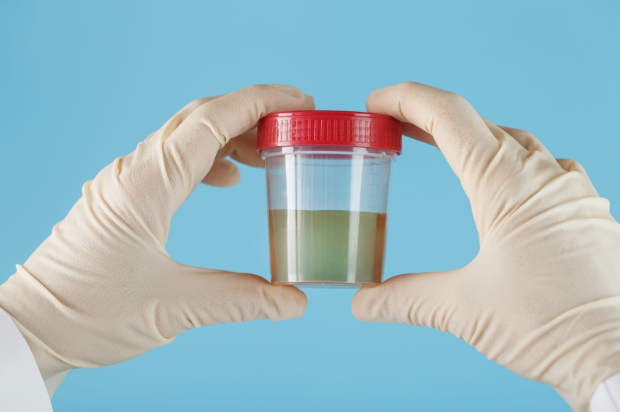
Best Diet Plans for Weight Loss
December 10, 2024
what is the best over the counter hemorrhoid treatment
January 30, 2025What to Eat After a Colonoscopy

Having a colonoscopy is an important part of everyone’s gastrointestinal screening exam, but few know what foods one should eat following the procedure. Your diet is very important and needs to be very carefully planned in order to assist you to recover and be as comfortable as possible following the procedure. In this guide, we present the most optimal diet on the days following a colonoscopy in points and paragraphs for easier understanding.
Why diet after colonoscopy is important
Or after colonoscopy because foods and drinks may irritate the gastrointestinal tract, there are precautions that should be taken. The procedure entails purging the colon with a laxative that temporarily renders the digestive tract in one’s body weakened. Choosing the right foods helps:
- Promote healing and comfort.
- Replace the nutrients which are stripped off during the process of cooking.
- Avoid bloating and sore tummies; it is painful to continue with the project when you are feeling uncomfortable due to tummyache.
What To Eat Right After Colonoscopy
Start with Clear Liquids
After the colonoscopy is done, one should avoid taking solid foods and for the following 1- 2 hours, you only take clear liquids to help with on-board digestion. Options include:
- Water: Essential for hydration.
- Broth: The warmth of crushed chicken or vegetable broth is good enough to fill the stomach at least a little after starving for that long.
- Herbal teas: Chamomile or ginger tea are better to take when you feel that your stomach does not feel well.
- Electrolyte drinks: Replace the lost electrolytes in body proficiently.
- Clear juices: For instance apple juice or white grape juice but should not be taken with citrus fruit.
Transition to Low-Fiber Foods
When you are ready for a meal always ensure that you go for foods that have little or no fiber to avoid putting a lot of pressure on your digestive system. Suitable choices are:
- White bread or toast: Easy to digest.
- Rice: Pure white rice is less problematic for the stomac
- Boiled potatoes: However, peeled and plain, they are a terrific source of carbohydrat
- Eggs: A normal dish is eggs either scrambled or boiled in which you get your protein fix without the heft.
- Yogurt:Use natural,non-fat or low-fat yogurt for your probiotic needs.
Avoid Irritants
To prevent gastrointestinal discomfort, avoid the following foods immediately after your procedure:
- Spicy foods: May cause inflammation of the lining of the gastrointestinal tract.
- High-fiber foods: Such as raw vegetables, beans and whole grains.
- Fried or greasy foods: Some are difficult to digest and they lead to formation of stomach gases.
- Dairy-heavy products: Reduce such products like cheese which is rich, creamy and has high quantities of fat.
- Carbonated drinks: May cause gas and bloating.
The Foods to Eat After a Workout
Enriched Water and Complex Carbohydrates
Staying hydrated is vital, but you can combine hydration with nutrition by consuming:
- Coconut water: An electrolyte source that comes from the natural sources.
- Diluted fruit juices: Dilute fruit juice by pouring it over water to get a product that is not as rich in the natural sugars.
- Homemade soups: It is also rich in soft-cooked vegetables and lean protein.
Probiotic-Rich Foods
Introduce probiotics to restore healthy gut bacteria:
- Plain yogurt: Select products that contain live active cultures.
- Kefir: Fermented milk that contains live beneficial bacteria also known as live bacteria cultures.
- Fermented foods: By eating miso or mild sauerkraut, the gut will be improved and made healthy.
Easy-to-Digest Proteins
Protein production and its role in the architectural mending of tissues also specify its function in restorative processes. Choose gentle options such as:
- Skinless poultry: Boiled or baked chicken.
- Fish: Steamed or baked white fish for example cod.
- Tofu: Tofu is a good source of plant based protein, and should always be prepared soft and not fried.
Gradually Reintroduce Fiber
After a day or two, one must slowly begin to consume fiber products in order to promote healthy digestion, but not ruining the bowels. Start with:
- Cooked vegetables: Carrots al dente or zucchini or squash peeled and boiled for a while.
- Peeled fruits: For example bananas, applesauce, or canned peaches.
- White rice or pasta: For the first few days, do not use whole grain varieties.
Colonoscopy Diet: Foods to Avoid in The First Few Days
To prevent irritation or discomfort, steer clear of these items:
- Raw vegetables: Complicated to swallowed when the spirit is low or when the nerves get out of rhythm.
- Whole grains: Labelled rich in insoluble fiber which puts pressure on the bowel.
- Nuts and seeds: Difficult to break down.
- Red meat: May be very bulky and could also take a long time to digest.
- Caffeine: Coffee or energy drinks may have an effect of irritating the lining of the stomach.
Useful Information on a Successful Process of Recovery
Eat Small, Frequent Meals
Instead of large meals, consume smaller portions throughout the day to:
- Cultivate foods that cause less pressure on the body’s digestive system.
- To provide consistent power through provided energy sources, reliably.
Chew Thoroughly
Effective chewing also means that you have easy digestion since the work is somewhat eased by having easily breakdown edible substances.
Listen to Your Body
Be mindful of your body after you’ve eaten certain products and try to avoid the ones that cause you discomfort. However, if the discomfort lingers you should seek the advice of your doctor.
When to Seek Medical Advice
While mild discomfort is common after a colonoscopy, contact your doctor if you experience:
- Severe abdominal pain.
- Persistent vomiting.
- Symptoms of an infection like fever, or chills..
- Heavy rectal bleeding.
For more information, please contact your doctor or go to the website of Gastroenterology of New York.
Conclusion
Some of the most appropriate foods that they recommend one to take after a colonoscopy include; Here, again, it is effective to adhere to tender, digestible foods and to avoid exacerbating agents. Take water, take small portions of meals, and ease back into a regular intake of fiber in order to meet the body’s digestion needs. Please, always bear in mind that everyone is unique and thus should follow his/her own sense of hearing and feeling; it is often wise to consult with a physician. Take care of your health and properly rest after this critical procedure is done on you.








